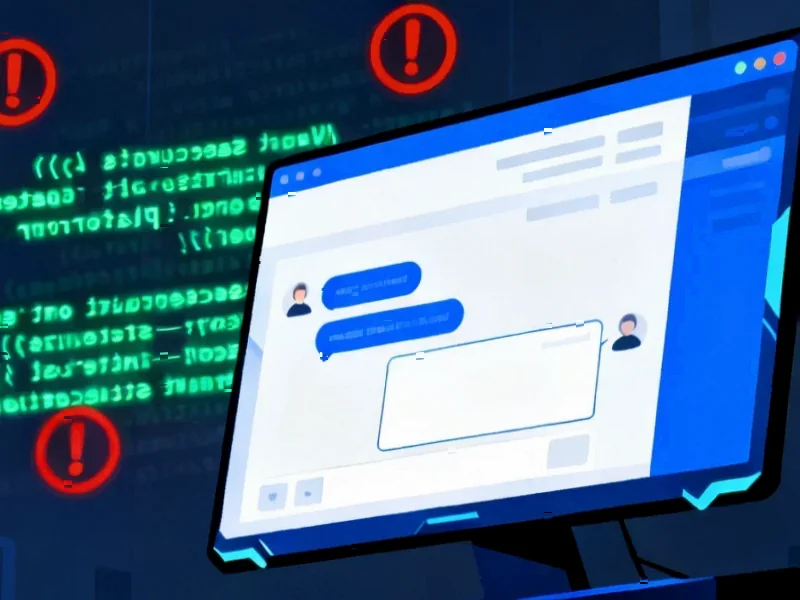According to TechCrunch, U.S. prosecutors have charged two employees from ransomware negotiation firm DigitalMint and a former incident response manager from cybersecurity giant Sygnia with carrying out their own ransomware attacks. Kevin Tyler Martin and an unnamed DigitalMint employee, along with Sygnia’s Ryan Clifford Goldberg, face three counts of computer hacking and extortion for targeting at least five U.S. companies using ALPHV/BlackCat ransomware. The FBI affidavit indicates the group received over $1.2 million from one victim, a Florida medical device maker, and also targeted companies including a Virginia drone maker and Maryland pharmaceutical company. Both DigitalMint and Sygnia have terminated the employees and are cooperating with the ongoing investigation. This case reveals alarming trust violations within the cybersecurity industry that demand immediate examination.
The Insider Threat Crisis in Cybersecurity
This case represents one of the most damaging insider threat scenarios in recent cybersecurity history. When the very professionals hired to protect companies become the attackers, it undermines the foundational trust that enables the entire security industry to function. The indictment documents reveal how these individuals leveraged their positions and knowledge to bypass security measures they were supposed to help strengthen. This isn’t just about criminal activity—it’s about the systemic risk created when security professionals have both the access and the expertise to cause maximum damage. The incident suggests that current background checks and monitoring protocols for incident response teams may be dangerously inadequate.
Immediate Market Fallout and Industry Response
The immediate consequence will be increased scrutiny and due diligence requirements for incident response firms. Companies seeking ransomware negotiation services will likely demand more rigorous employee vetting, enhanced oversight protocols, and potentially third-party audits of security practices. This could create significant advantages for larger, more established firms with robust compliance frameworks, while smaller boutique negotiation services may struggle to maintain client trust. The initial reporting indicates both affected companies moved quickly to distance themselves from the accused employees, but the reputational damage may extend to their entire business segments.
Ransomware-as-a-Service Economics Exposed
The case provides rare insight into the economics of ransomware-as-a-service operations like ALPHV/BlackCat. The FBI affidavit showing $1.2 million from a single victim demonstrates how lucrative these operations can be for affiliates. More disturbingly, it reveals how cybersecurity insiders can leverage their knowledge of victim psychology and payment processes to optimize their attacks. These professionals understood exactly what information would pressure companies to pay quickly and how to navigate the cryptocurrency payment systems they regularly helped clients use. This insider knowledge creates an asymmetric advantage that traditional security measures struggle to counter.
Regulatory and Insurance Implications
This incident will likely accelerate regulatory scrutiny of the ransomware negotiation industry. We may see requirements for mandatory reporting of negotiation activities, certification standards for practitioners, and potentially licensing requirements similar to those in other professional services. The insurance industry, which often funds ransomware negotiations through cyber insurance policies, will need to reassess their vendor due diligence processes. Expect insurance carriers to implement more stringent requirements for the incident response firms they work with, potentially including independent security audits and employee background checks that go beyond current standards.
Long-term Industry Structural Changes
The trust violation exposed by this case may fundamentally change how companies approach ransomware response. We could see increased adoption of decentralized response teams where no single individual has complete visibility into both the attack and the response strategy. There may be movement toward more transparent, auditable negotiation processes with multiple oversight checkpoints. The incident also strengthens the argument for stronger internal capabilities rather than complete reliance on external specialists. Companies that develop in-house incident response expertise may gain competitive advantage, though this requires significant investment that many organizations cannot afford.




